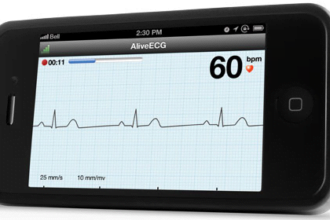FDA is proposing regulation for mobile medical applications. Not a bad idea. But I have some concerns about what it will mean for clinical diagnostics software. Here’s the definitional passage:
FDA is proposing regulation for mobile medical applications. Not a bad idea. But I have some concerns about what it will mean for clinical diagnostics software. Here’s the definitional passage:
Mobile apps that allow the user to input patient-specific information and – using formulae or processing algorithms – output a patient-specific result, diagnosis, or treatment recommendation to be used in clinical practice or to assist in making clinical decisions. Examples include mobile apps that provide a questionnaire for collecting patient-specific lab results and compute the prognosis of a particular condition or disease, perform calculations that result in an index or score, calculate dosage for a specific medication or radiation treatment, or provide recommendations that aid a clinician in making a diagnosis or selecting a specific treatment for a patient.
Apps that provide differential diagnosis tools for a clinician to systematically compare and contrast clinical findings (symptoms/ results, etc.) to arrive at possible diagnosis for a patient.
One could imagine applying regulations to a simple calculator app with an algorithm that gives an exact result, but it seems like the proposed regulation also would also apply to diagnostic software that deals with thousands of diseases.
Such software responds differently depending on which of thousands of findings a physician chooses to enter. One could never test all combinations, and although the diagnosis models can be excellent, I’ve never heard anyone claim they are perfect. Is the FDA really proposing to require each version of diagnostic software to get putatively exhaustive testing before release? This is not really possible, and not even close to possible in fields in which the knowledge changes very rapidly.





